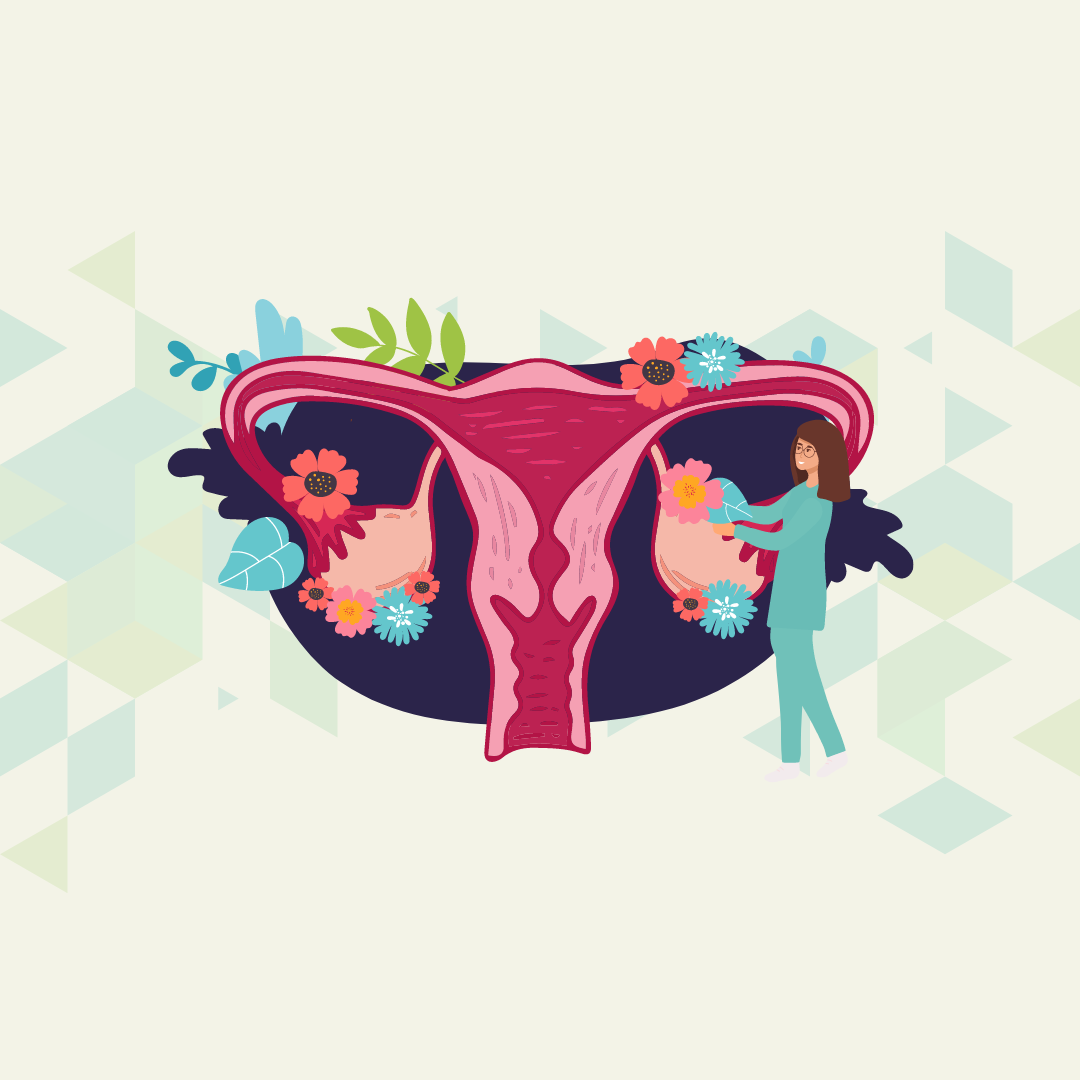Balancing the Cycle: The Healing Power of Acupuncture for Menstrual Irregularities and Pain
Menstrual irregularities and pain can be a challenging aspect of many women’s lives, impacting their well-being and daily activities. While conventional treatments are available, an alternative and increasingly popular approach to addressing menstrual issues is acupuncture. In this blog post, we will explore the healing power of acupuncture for menstrual irregularities and pain, shedding light on its effectiveness and the potential benefits it offers.

The Dance of Energy: Understanding Menstrual Irregularities and Pain:
Menstrual Irregularities:
Menstrual irregularities encompass a range of issues, including irregular cycles, heavy or light bleeding, and severe pain. These disruptions can be caused by various factors such as hormonal imbalances, stress, lifestyle, or underlying health conditions. Traditional Chinese Medicine (TCM), the foundation of acupuncture, views the body as an interconnected system, and menstrual irregularities are often considered a manifestation of imbalance within this system.
Menstrual Pain:
Menstrual pain, often referred to as dysmenorrhea, is a common experience for many women. It can range from mild discomfort to severe cramping, significantly impacting daily life. Underlying causes include uterine contractions, hormonal changes, and inflammation.
Traditional Chinese Medicine and the Concept of Qi:
Foundations of Traditional Chinese Medicine (TCM):
Rooted in ancient wisdom, TCM views the body as an interconnected system where balance and harmony are essential for health. The concept of Qi, the vital life force, underpins TCM’s understanding of energy flow and its impact on overall well-being.
Qi and the Menstrual Cycle:
In the context of reproductive health, TCM posits that disruptions in the flow of Qi can manifest as menstrual irregularities and pain. Acupuncture aims to restore the harmonious movement of Qi, addressing the root causes of imbalances.
The Healing Art of Acupuncture for Menstrual Irregularities:
Acupuncture Points and Meridians:
Acupuncture involves the strategic insertion of thin needles into specific points along meridians, energy pathways in the body. These points, carefully chosen by acupuncturists, are associated with different organs and systems, including those related to reproductive health.
Balancing Yin and Yang:
In TCM philosophy, Yin and Yang represent opposing but complementary forces. Acupuncture seeks to balance these forces, particularly in the context of menstrual health. By restoring equilibrium, it aims to alleviate symptoms and promote overall well-being.
Regulating Hormones:
Acupuncture has been shown to influence the endocrine system, including the regulation of hormones such as estrogen and progesterone. This hormonal balance is crucial for a healthy menstrual cycle.
Addressing Stress:
Stress is a common contributor to menstrual irregularities and pain. Acupuncture’s calming effect on the nervous system helps reduce stress and its impact on reproductive health.
Acupuncture for Menstrual Irregularities:
Balancing Hormones:
Acupuncture is believed to influence the endocrine system, helping to regulate hormones responsible for the menstrual cycle. By addressing hormonal imbalances, acupuncture may contribute to more regular and harmonious menstruation.
Reducing Stress:
Stress is a common factor contributing to menstrual irregularities. Acupuncture has been shown to promote relaxation and reduce stress levels by affecting the nervous system. This can, in turn, positively impact menstrual health.
Improving Blood Flow:
Acupuncture may enhance blood circulation to the reproductive organs, promoting better nutrient and oxygen supply. Improved blood flow can alleviate pain, reduce clotting, and contribute to a healthier menstrual cycle.
Addressing Specific Symptoms:
Acupuncturists tailor treatments to individual needs, targeting specific symptoms such as pain, bloating, or emotional distress. This personalized approach can offer comprehensive relief for women experiencing a range of menstrual issues.
The Acupuncture Session: Nurturing the Body’s Harmony:
Consultation and Assessment:
Before an acupuncture session, a thorough consultation is essential. This involves discussing the individual’s menstrual history, symptoms, and overall health. Traditional diagnostic techniques such as pulse and tongue examination may be employed.
Needle Insertion Technique:
Acupuncture needles are incredibly thin, and their insertion is generally painless. The acupuncturist strategically places the needles into specific points based on the individual’s diagnosis. The needles may be gently manipulated or left in place for a designated period.
Duration and Frequency:
The duration of an acupuncture session can vary but typically ranges from 30 to 60 minutes. The frequency of sessions depends on the severity and type of menstrual issues, with a common recommendation being weekly sessions initially.
Scientific Evidence and Research:
Clinical Studies on Acupuncture for Menstrual Irregularities and Pain:
While more research is needed, numerous studies have explored the efficacy of acupuncture for menstrual irregularities. Positive outcomes have been reported in areas such as menstrual pain reduction, improved hormonal balance, and enhanced overall quality of life.
Endorphin Release and Pain Modulation:
Acupuncture is believed to stimulate the release of endorphins, the body’s natural painkillers. This may contribute to the relief of menstrual pain and discomfort.
Integrating Lifestyle and Self-Care Practices:
Nutrition and Herbal Support:
Balanced nutrition, rich in essential nutrients, supports overall health, including reproductive well-being. Herbal supplements and teas may complement acupuncture treatment but should be used under the guidance of a qualified healthcare professional.
Regular Exercise and Movement:
Engaging in regular physical activity promotes overall well-being and can contribute to menstrual health. Mind-body practices such as yoga and tai chi may also be beneficial.
Stress Management Techniques:
Incorporating stress management techniques, such as meditation, deep breathing, or mindfulness, enhances the effectiveness of acupuncture. Stress reduction is a key aspect of promoting menstrual harmony.
Summarize (Key Takeaways):
- Acupuncture, rooted in traditional Chinese medicine, offers a holistic approach to addressing menstrual irregularities and pain by restoring the harmonious flow of Qi and balancing Yin and Yang.
- Strategic needle insertion influences the endocrine system, reduces stress, and modulates pain perception, contributing to improvements in hormonal balance and menstrual health.
- Scientific evidence supports the efficacy of acupuncture for various menstrual issues, with positive outcomes reported in clinical studies.
Conclusion:
Acupuncture for menstrual irregularities offers a holistic and natural approach to address the root causes of menstrual issues. By promoting balance, reducing stress, and enhancing overall well-being, acupuncture has the potential to bring relief and improve the quality of life for women navigating the challenges of menstrual irregularities and pain. As always, individuals considering acupuncture should consult with qualified practitioners to explore its suitability for their specific needs.
Restore the rhythm of balance—acupuncture, a timeless dance of needles, harmonizes energy flow, alleviates pain, and brings a symphony of well-being to the intricate dance of the menstrual cycle.




